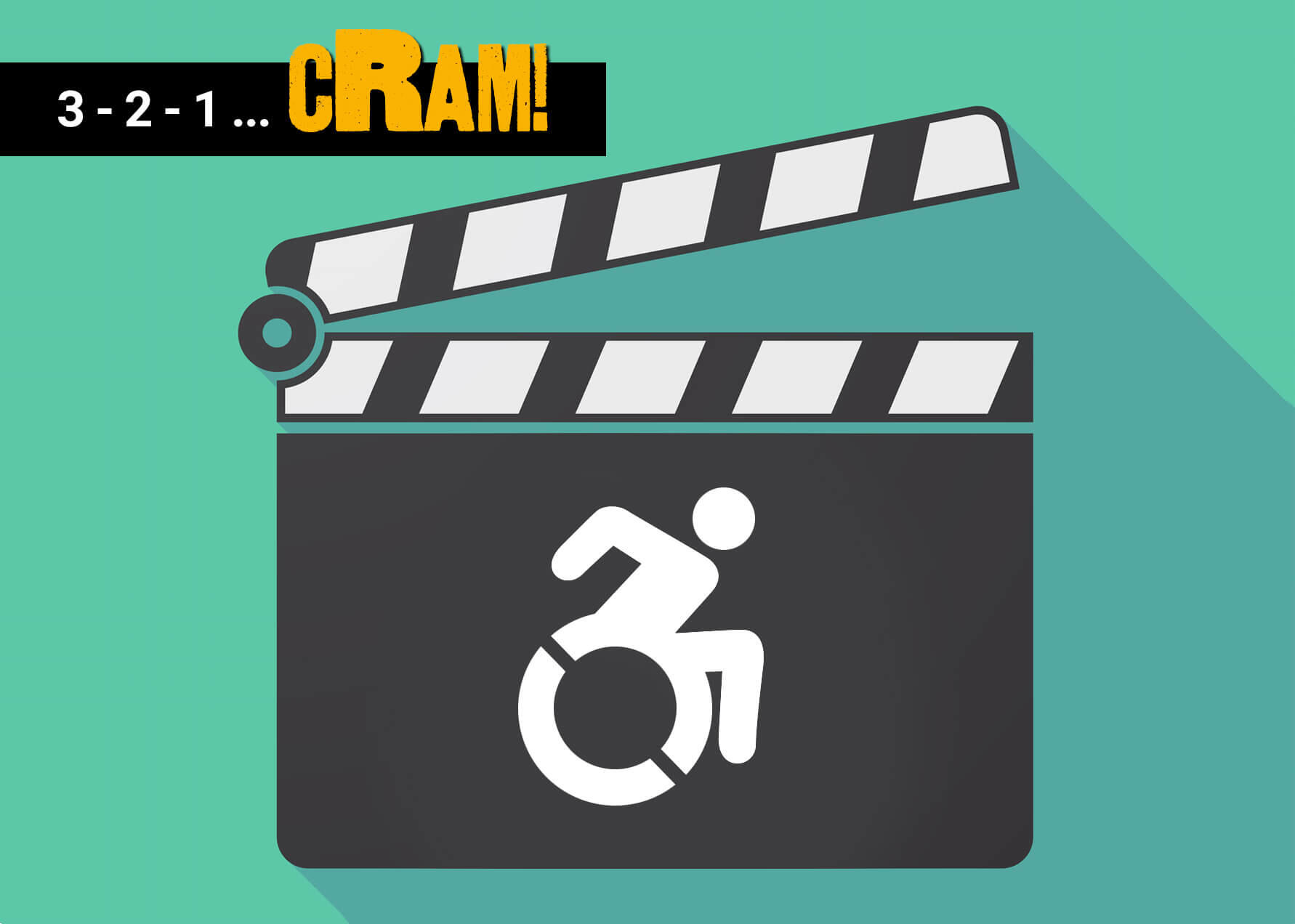
Oct. 14, 2024
cRam Session: Understanding Disability Through Media
Share this story
cRam Session is a VCU News feature that highlights the breadth of offerings in the VCU Bulletin course catalog and the wide-ranging expertise of the instructors. Associate professor and chair Carole Ivey, Ph.D., and assistant professor Glenda Watkins, OTD, are with the Department of Occupational Therapy in VCU’s College of Health Professions. They shared quick insights from their course Understanding Disability Through Media.
Tell us something surprising about your course’s subject.
Out of 96 Academy Award ceremonies, only three actors with disabilities have won Oscars, while 27 actors have won – and about 60 have been nominated – for portraying characters with disabilities. This striking contrast highlights the ongoing underrepresentation of people with disabilities in major film roles, even as stories about disability continue to receive critical acclaim.
Give us an intriguing connection between past and present on this subject.
When developing the course, we recognized the variable representation of disability in media. However, as we went deeper into these portrayals, we were astounded by how pervasive certain tropes remain – and how they often shape society’s initial exposure to disability.
For instance, consider how many villains in James Bond or Marvel movies are depicted with disabilities. This reinforces negative stereotypes, revealing how deeply ingrained these narratives are and how crucial it is to critically assess them as our understanding of representation evolves.
What is your favorite assignment you have students do?
Our favorite is the Disability Analysis Presentation, where students select a piece of media and critically analyze its representation of disability. They apply what they’ve learned about media representation, stereotypes, prejudice and society’s understanding of disability.
The students consistently do an incredible job, and their presentations deepen our collective awareness of how pervasive and influential these portrayals are. Students have presented on movies and TV shows as varied as “Avatar” and “The Princess and the Frog” to “Soul Surfer” and “Deadpool.” It’s rewarding to see how this assignment not only reinforces key course concepts but also sparks meaningful discussions about the ongoing impact of media on societal perceptions of disability.
In addition, one of our favorite aspects of the course – and a student favorite as well – is when individuals with disabilities visit the class to share their lived experiences and engage in open Q&A sessions. Students consistently describe these interactions as the most impactful part of the course, helping them connect theory to real-world experiences. These sessions deepen their understanding of disability beyond academic discussions, fostering empathy and a more nuanced perspective that stays with them long after the course ends.
Subscribe to VCU News
Subscribe to VCU News at newsletter.vcu.edu and receive a selection of stories, videos, photos, news clips and event listings in your inbox.








